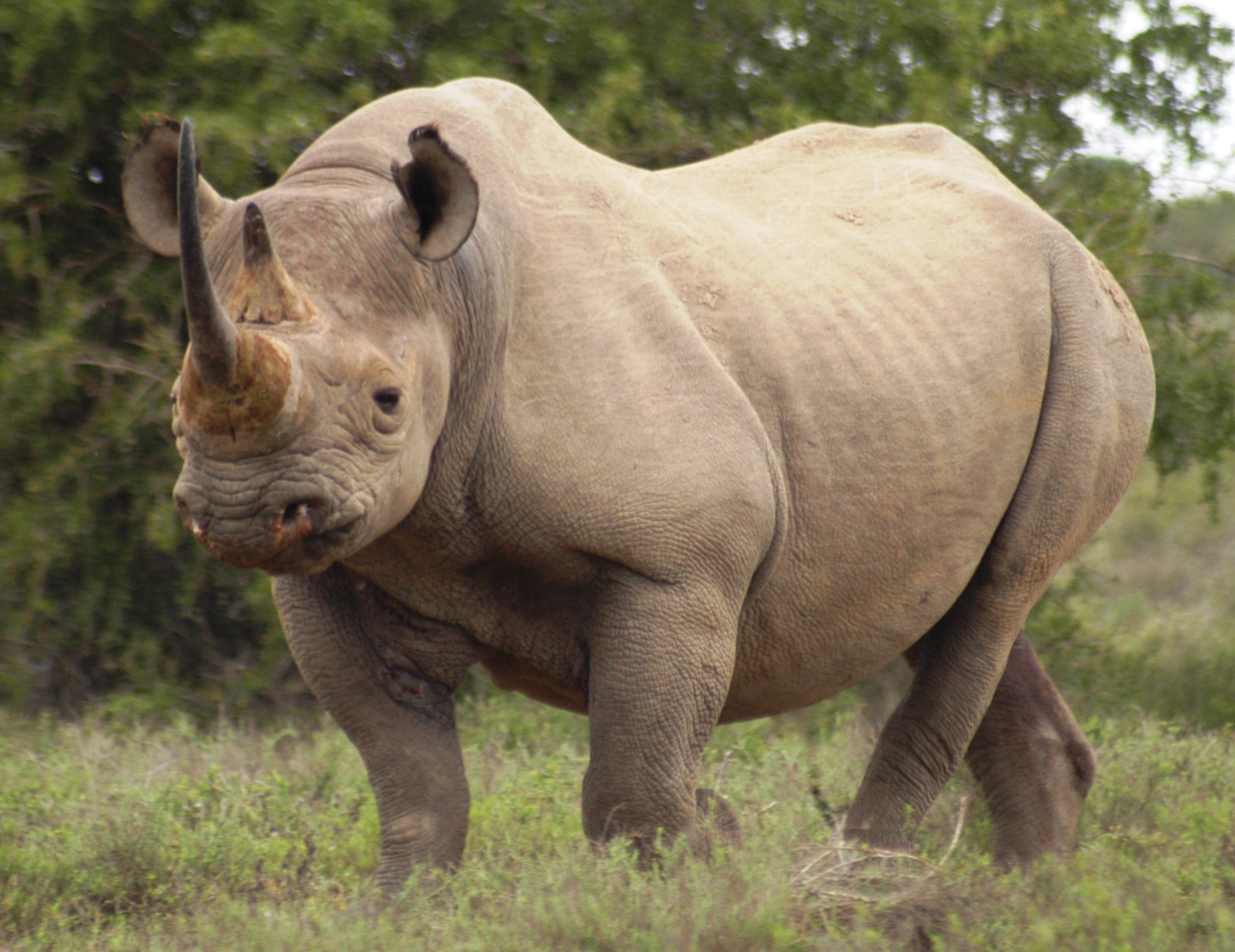Thousands of scientists warn of catastrophe ahead
More than 15,000 scientists are warning humanity that time is rapidly running out to stop a global environmental collapse.

James Cook University’s Distinguished Professor William Laurance was one of the principal authors of an article that has been co-signed by 15,364 scientists. It’s believed to be the largest number of scientists to ever co-sign a journal article.
The scientists represent over 180 nations worldwide, including many researchers from developing countries.
“We are saying that it will soon be too late to shift course if we are going to prevent widespread misery and catastrophic biodiversity loss and that it can’t just be business as usual now,” he said.
Professor Laurance said population had to be limited and the economy should not be focused solely on growth. He said there was a range of urgent actions that need to be taken to directly protect the environment.
“We need to reduce greenhouse gases, incentivise renewable energy, protect habitats, restore ecosystems, curb pollution, halt the loss of animals from ecological communities, and constrain invasive alien species.”
Professor Laurance called on everyone to be more active.
“As most political leaders respond to public pressure, scientists, media influencers, and lay citizens must insist that their governments take immediate action as a moral imperative to current and future generations of human and other life,” he said.
Professor Laurance said individuals must take action in their own lives too.
“It’s time to change our behaviours, including limiting our own reproduction, ideally to replacement level at most, and drastically diminishing our consumption of fossil fuels, meat, and other resources.”
He said the cause was not hopeless and encouragement could be found in recent developments.
“The rapid global decline in ozone-depleting substances shows that we can make positive change. We have reduced extreme poverty and hunger, we’re also seeing a rapid decline in fertility rates in many regions due to investment in the education of girls and women.
“There is also a promising decline in the rate of deforestation in some regions, and rapid growth in the renewable-energy sector.”
Professor Laurance said humanity can make positive change if it acts decisively.
“But we must start today,” he said.
Background:
Among the negative 25-year global trends noted in the article are:
- A 26 percent reduction in the amount of fresh water available per capita
- A drop in the harvest of wild-caught fish, despite an increase in fishing effort
- A 75 percent increase in the number of ocean dead zones
- A loss of nearly 300 million acres of forestland, much of it converted for agricultural uses
- Continuing increases in global carbon emissions and average temperatures
- A 35 percent rise in human population
- A collective 29 percent reduction in the numbers of mammals, reptiles, amphibians, birds and fish
Images are available on Flickr to accompany this story.
1. Wind energy, https://flic.kr/p/qaqLaq
2. Deforestation in Costa Rica, https://flic.kr/p/DgQu9z
3. Threatened western black rhinoceros, https://flic.kr/p/rSDpvS
4. Endangered giant sea bass, https://flic.kr/p/Xp41t5
5. Declining species, the African crowned crane, https://flic.kr/p/x3tH4V
6. Habitat loss to urban development, https://flic.kr/p/pcB7c5
More Information
Media Enquiries:
Distinguished Professor William Laurance.
Email: bill.laurance@jcu.edu.au (monitored constantly; Professor Laurance will respond immediately via phone, Skype or email)
Published:
14, November 2017